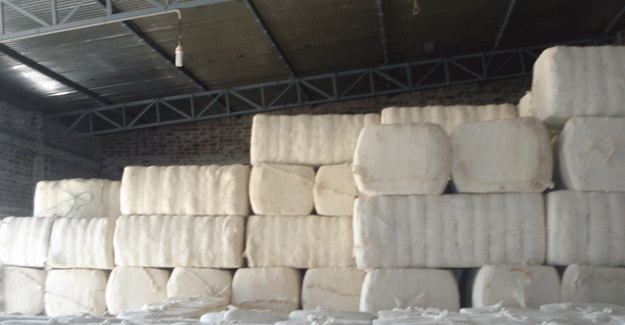Spinners Forced To Import Cotton Due To Poor Quality, Rampant Adulteration And Moisture
Spinners Forced To Import Cotton Due To Poor Quality, Rampant Adulteration And Moisture

Spinners in Tamil Nadu have begun to import cotton from overseas after stopping procuring of the fibre from Gujarat as well as reducing the quality of procurement from Maharashtra due to issues like high trash content, rampant adulteration and abnormal moisture content. Contracted import volumes could easily touch a record 30 lakh bales, according to industry sources, adding that spinners in North India have also resorted to imports because realisation was found to be around four per cent better than domestic cotton.
Incidentally, despite India being the largest producer of cotton as well as the biggest exporter of yarn, Indian spinners are forced to depend on the USA, West Africa and Australia for supply of quality cotton fibre. According to Indian Cotton Federation (ICF) sources Gujarat-based cotton traders mix quality cotton such as Sankar 6 with comber noil and card waste, while ginners in Maharashtra tend to sell cotton without removing trash, especially when demand surges.
It has been alleged that in recent months, traders have even begun to liberally douse raw cotton fibre with water which adds to the moisture content. Besides, the trash content in cotton has soared from 2 per cent to 7 per cent. Industry sources have expressed fears that such a situation could adversely affect the India Cotton branding initiative, which could threaten the entire textile value chain.
The industry has expressed fears this development could adversely affect the India Cotton branding initiative. The ICF has estimated cotton production for the 2016-17 season at 320-330 lakh bales and a consumption at 295 lakh bales. Industry sources have stated that the Cotton Control Order should be brought back and ISI standards enforced not only to conserve forex reserves, but also help every stakeholder across the textile value chain.
The present state of affairs though would push farmers away from cotton cultivation, industry sources said.



 textileexcellence
textileexcellence 







